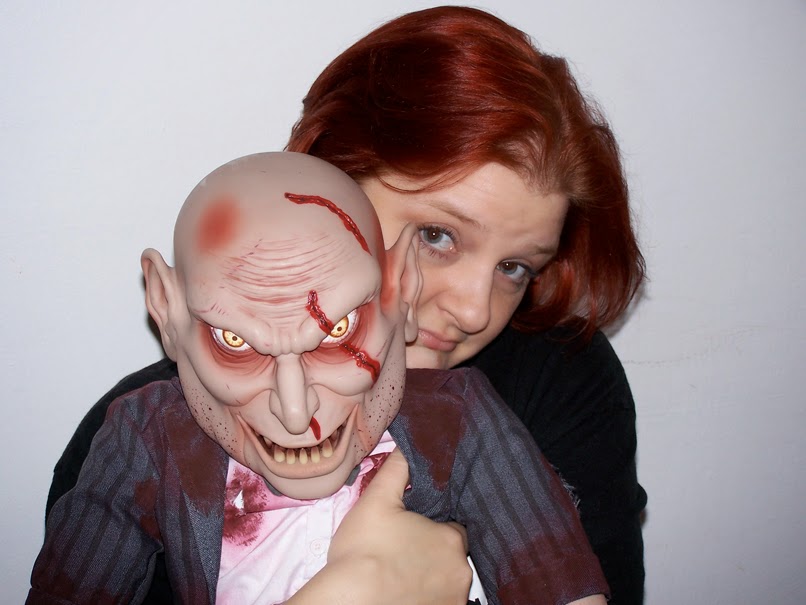Let's take a look at the great theatrical spectacle that was 1980's-era pro wrestling. Yes, I'm going to reference pro wrestling. You got a problem with that?
 |
| Pictured: My "You got a problem with that" face. |
 |
| Guess which one was my hero... |
Piper, on the other hand, was quite different. You really weren't sure which "Roddy Piper" was coming to the ring. The mouth? The fighter? The lunatic? Piper kept the audience guessing. Sure, his favorite finisher was the sleeper hold (which, for MMA fans, is a rear-naked choke), but he didn't always use it. It was always a guess whether he'd finish his opponent off with that, stomp him into the matt, get himself purposefully disqualified, or any other of a thousand little things that my main man RRP thought of. And before long a question arose. Who was the biggest star? It could be argued that people came to see Hogan win. But I'm of the opinion that people were actually there to watch Piper lose. Piper did such a good job of making people hate him, he was actually stabbed by audience members. Three times. Think about that for a moment. It's pro-freaking-wrestling for crying out loud! And yet, RRP really got the people going.
 |
| Pictured: Raleigh, North Carolina, pro wrestling crowd... |
Then, an interesting thing happened. Piper's character developed and Hogan's character didn't, and people started booing Hogan. The great, the immortal Hulk Hogan, was getting boos from the crowd. And who got cheered? Rowdy Roddy Piper. The difference? Character development. Plot development. Let me explain. Hogan's character never grew. He was Superman without kryptonite: Boring. But Piper took up causes. His character developed from a crazy person to a person who let us see what was driving him crazy. He became the original anti-hero (sorry, Stone Cold Steve Austin, but my man Piper beat you to it). And in doing so, showed the importance of plot and character development.
As a kid, I watched so much pro wrestling that I wanted to be one of them. But when I was growing up, it was the age of the "big men," and there was no place for a 5'6" guy in the world of pro wrestling. So I kept watching. One of my most beloved moments came when Roddy Piper came out before a crowd who screamed his name. He took the microphone and said, obviously taken aback, "I'm not used to so many people cheering for me. And I want to make it clear, I ain't running for president, and I'm still the same no-good sonovabitch I always been." The crowd went insane with love.
 |
| So you see, Timmy... |
Every character should be a different person at the end of the story. Think about it. You woke up this morning and had things happen. At least, I hope you did. And those events of the day made you react. Even if it was a small thing, you've changed just a little today. It's easier to see if you look at development over long periods of time. Think about what you were like as a freshman in high school and try not to cringe. Your characters need to have similar developments. What affects your characters? Pretty much everything. People they interact with, situations that call for decision making, death, birth, car trouble, rain... Everything. The little changes are what make the character interesting. The way he makes decisions, and what decisions he makes, bring the reader closer to him.
 |
| Pictured: Stasis Chambers... |
Stasis is boring. There's no room for growth. Your characters cannot stay in stasis if you expect for people to care about them. Read any series of books and you'll watch the lead character grow through loss, love, gain, injury, personal epiphany, etc. Your characters need to do the same. If your lead character is exactly the same at the end of the novel as he was at the beginning, you're doing something wrong.
Just my $.02...












































